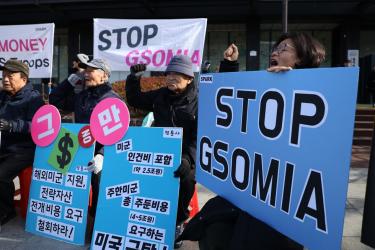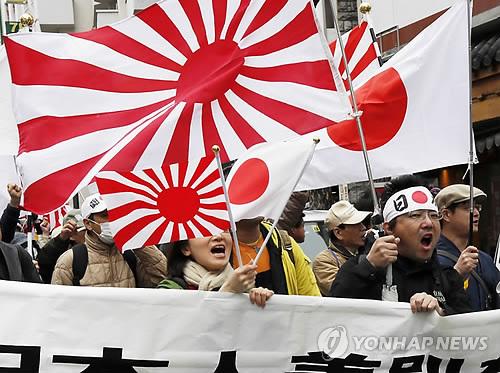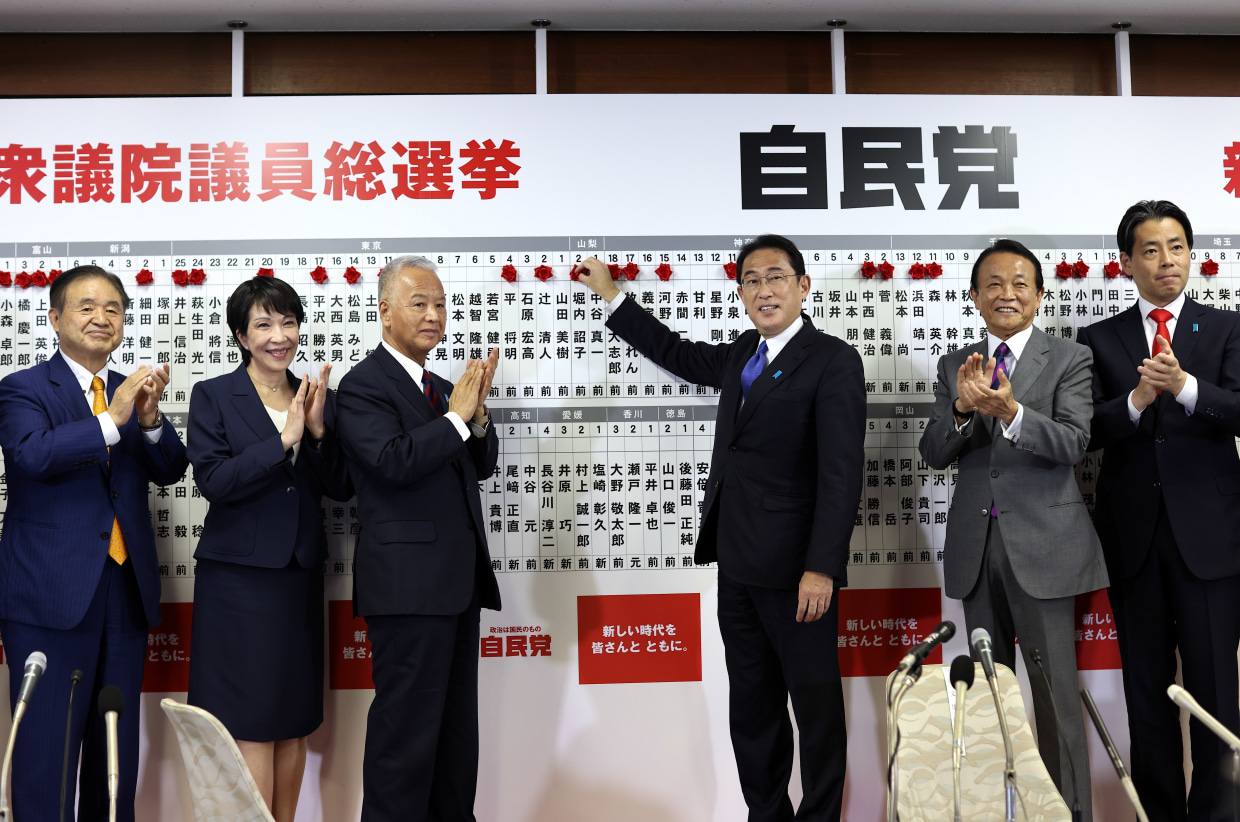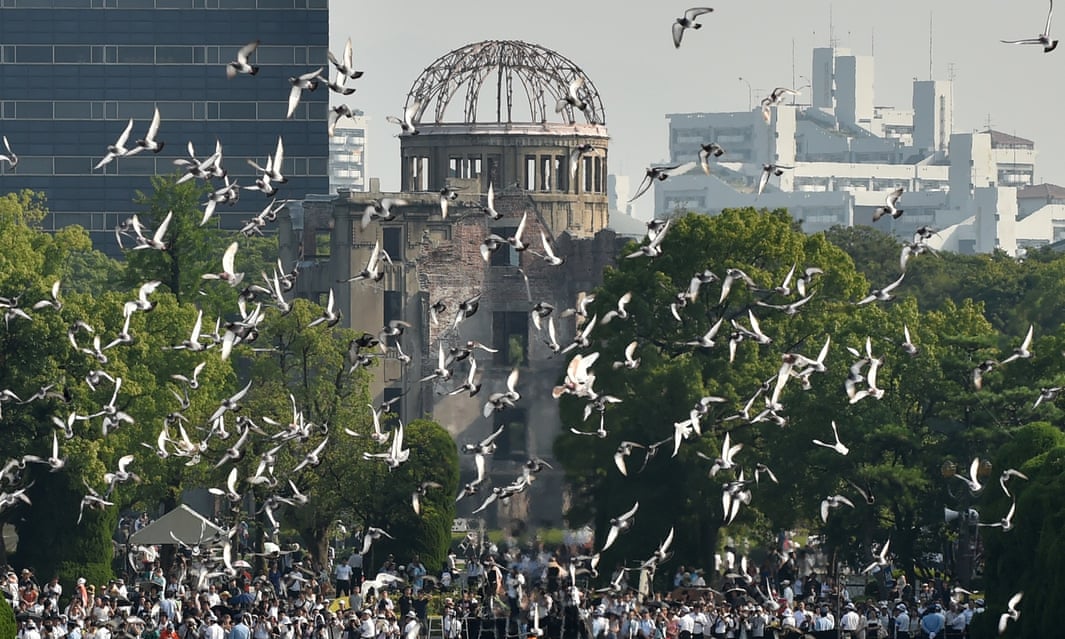Japan

South Korea-Japan military alliance seeks another “NATO” in East Asia
By Karen Yamanaka
Philippines: On Duterte's strategy - Why diplomacy can't be a one-man show

Japan: Government statement marking 70 years since WWII end is deceitful

"The Abe administration is composed of and supported by extreme rightists who are trying
40 years after Vietnam's liberation: Okinawa's forgotten war

April 30, 1975: a North Vietnamese tank rolls through the gate of t
Kobayashi Takiji: Class struggle and proletarian literature in Japan
 Kobayashi Takiji
Kobayashi Takiji Martin Hart-Landsberg: The troubled US economy means a shaky world economy

By Martin Hart-Landsberg
August 15, 2011 -- Reports from the Economic Front, posted at Links International Journal of Socialist Renewal with Martin Hart-Landsberg's permission -- The US economy is in trouble and that means trouble for the world economy. According to the United Nations Conference on Trade and Development’s Trade and Development Report, 2010, “Buoyant consumer demand in the United States was the main driver of global economic growth for many years in the run-up to the current global economic crisis.”
Before the crisis, US household consumption accounted for approximately 16 per cent of total global output, with imports comprising a significant share and playing a critical role in supporting growth in other countries. In fact, “as a result of global production sharing, United States consumer spending increas[ed] global economic activities in many indirect ways as well (e.g. business investments in countries such as Germany and Japan to produce machinery for export to China and its use there for the manufacture of exports to the United States)”.
George Monbiot vs Helen Caldicott: Who is right about the Chernobyl death toll?

By Jim Green
April 17, 2011 -- Green Left Weekly -- With the 25th anniversary of the Chernobyl nuclear disaster falling on April 26, a debate is brewing over the estimated death toll. The debate has erupted with a heated exchange between prominent British columnist George Monbiot and anti-nuclear campaigner Dr Helen Caldicott. Monbiot claims the “official death toll” from Chernobyl is 43. Caldicott puts the death toll at 985,000. Someone's wrong. Perhaps they both are.
The debate over the Chernobyl death toll turns on the broader debate over the health effects of low-level ionising radiation and in particular the risk of cancer. The weight of scientific opinion holds that there is no threshold below which ionising radiation poses no risk and that the risk is proportional to the dose — the “linear no-threshold” (LNT) model.




